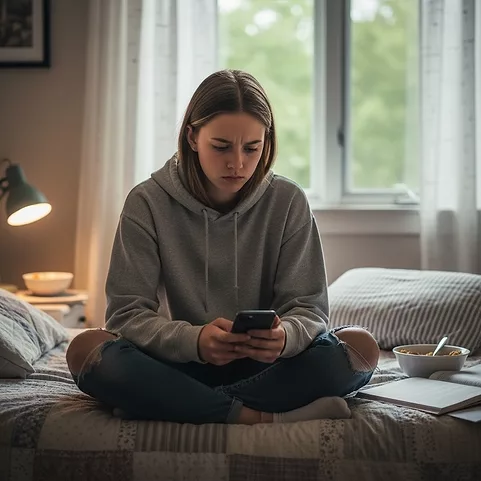Child Psychiatry
Reading Research: Details Matter
Glen Spielmans, PhD.
Professor of Psychology, Metropolitan State University, St. Paul, MN.
Dr. Spielmans has disclosed no relevant financial or other interests in any commercial companies pertaining to this educational activity.
Read More
Teen Drinking: Risks and Responses
 Amy Yule, MD
Amy Yule, MDDirector of Adolescent Addiction Psychiatry, Boston Medical Center, Boston, MA. Dr. Yule has disclosed no relevant financial or other interests in any commercial companies pertaining to this educational activity.
Addressing the Hazards of Performance-Enhancing Substances
 Kyle T. Ganson, PhD, MSW
Kyle T. Ganson, PhD, MSW
Assistant professor at the University of Toronto’s Factor-Inwentash Faculty of Social Work. Dr. Ganson has disclosed no relevant financial or other interests in any commercial companies pertaining to this educational activity.
Citalopram Plus Stimulants for Chronic Irritability?
Eric Robbins, MD.
Dr. Robbins has disclosed no relevant financial or other interests in any commercial companies pertaining to this educational activity.
Read More
SSRIs vs SNRIs in Pediatric Anxiety Disorders: Which Are More Tolerable?
John Raiss, MD.
Dr. Raiss has disclosed no relevant financial or other interests in any commercial companies pertaining to this educational activity.
Read More
 Joshua Feder, MD
Joshua Feder, MD

_-The-Breakthrough-Antipsychotic-That-Could-Change-Everything.webp?t=1729528747)



